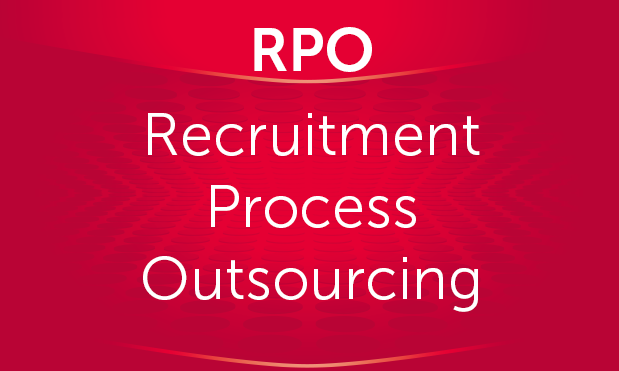 Many RPO providers need to step into the client’s shoes and vice versa.
Many RPO providers need to step into the client’s shoes and vice versa.RPO has been in existence for over twenty years now, with many organisations selecting to outsource either all or some of their recruitment activity to a third party. Over the years, there have been differing levels of success for both companies and RPO providers alike. Many companies believe that only the lower level, transactional elements of the resourcing function are more cost effectively managed externally, with cost often being the driver for many of these RPO relationships. Headcount constraints have also played a part in the decision of companies to outsource, thus enabling resource to flex in order to manage the peaks and troughs of their business demand. Additionally, the decision is often driven by the need to buy in experience and market knowledge. But is it time for a change?
Attention Recruiters:
You’re missing out! You earn more if you join SplitFee.org
Join for FREE now!
Is cost still the main driver? It certainly has been in the past. Driving cost savings from the traditional Preferred Supplier List was a key focus for procurement departments. However, often the cost of engaging an RPO Provider was significantly higher than having an in-house team. This may be due to the provider having higher business overheads; impacts of a poorly implemented service that requires more ‘heads’ / broader remit than originally scoped; increased demands on the ‘recruiters’; increase of ‘panic buying’ to deliver the required service; or increased out of scope ‘agency’ spend due to poor delivery. The list goes on.
I’ve always been a firm believer that Recruitment is the shop window to any organisation: it’s often the first experience a potential employee has with that company and the experience can make or break their choice to join. It has the ability to impact the brand significantly, both positively and negatively. Candidates are often also the consumer and the recruitment experience needs to deliver the right service. Because RPO providers are rarely genuine embedded partnerships this is where providers often fail. Not understanding the brand, the ‘user experience’ and focusing only on the transactional measures – time to hire, cost per hire – means there is often a limited emphasis placed on the quality of hire, the success of the hire in post or in meeting the clients more strategic objectives.
I believe that the embedded recruitment teams need to ‘go native’, so to speak. They need to be part of the organisation to which they are providing the service. It’s a tough step to move from ‘agency recruiter’ to in-house resourcing expert, but that is the demand they should place on themselves.
RPO providers are still lacking in their ability to deliver a truly consultative approach and provide strategic direction, but that’s not their fault. The RPO model can only succeed when there is a true partnership in place – where the ‘client’ involves the partner in its corporate strategy and the supplier brings experience to the table. Companies must do more than measure the RPO provider through KPI’s on a monthly basis – they need to provide strong direction and not see the outsourcing of recruitment as ‘outsourcing the problem’
Many RPO providers need to step into the client’s shoes and vice versa. A hiring manager doesn’t challenge about time to hire or cost of hire if the service he or she receives is of a high standard. An RPO provider can’t provide innovation if it doesn’t know a company’s direction. So how can we make the changes needed? Well clearly, I’m not going to give all the answers here, and each client / RPO relationship is different, but over the last 20 years, I’ve seen more models fail than succeed. So something needs to change.





